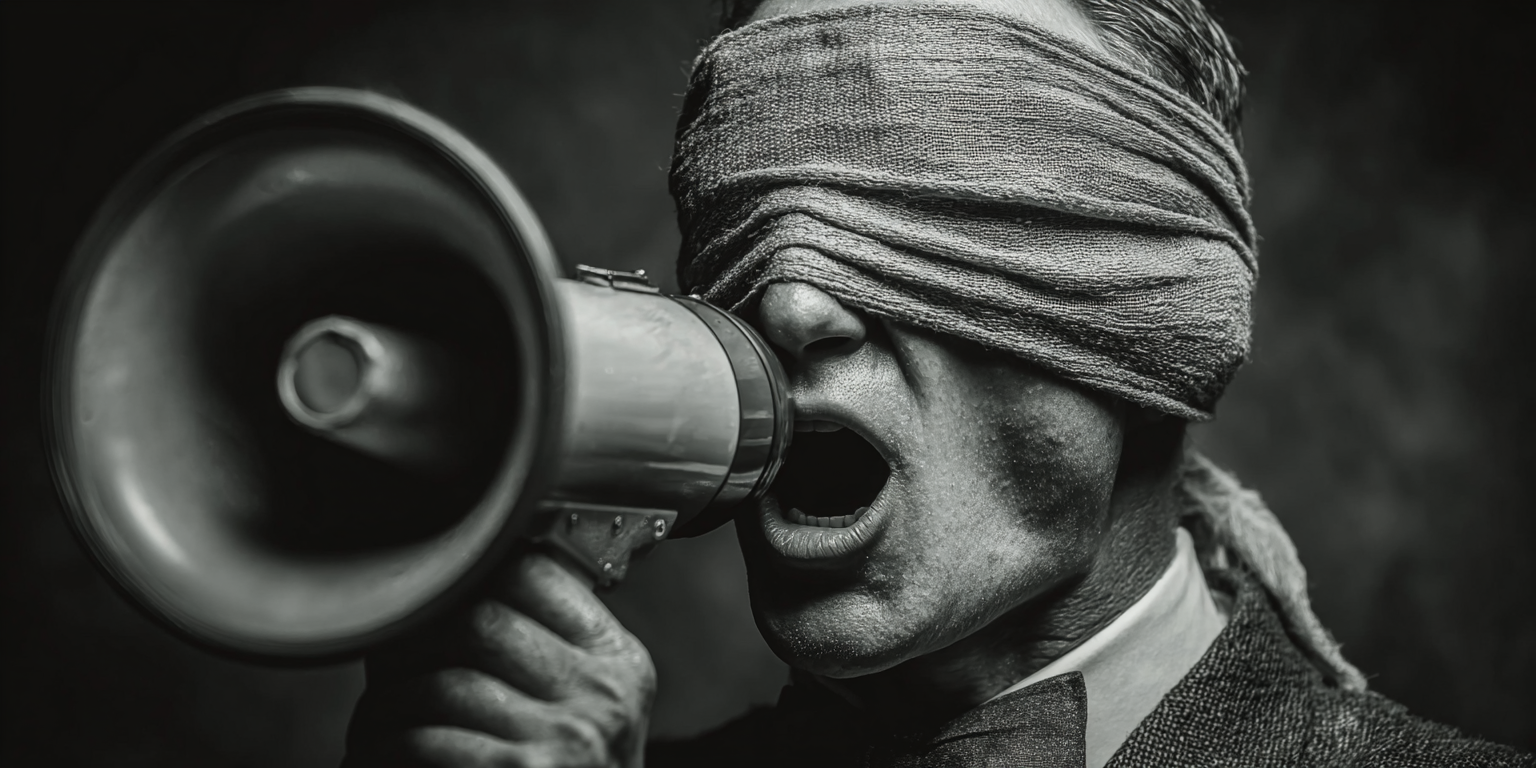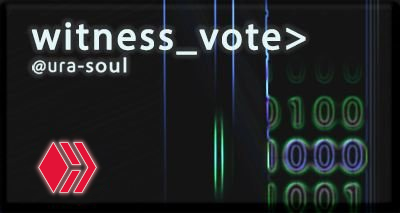Breaking Cycles of Centralised Denial: 1. Holodomor - Ukrainian Historic Mass Starvation By Russia. A Denied Root In The Current Conflict.
In this new series, exclusive to Ureka, I explore heavily denied, yet provable repeating patterns that underpin the ongoing suffering on Earth - caused by a combination of denial and the centralisation of power. Understandably, I am starting with the current wars - this first post is on Ukraine and the next will be on Gaza.

History offers no shortage of tragedies. Yet some events burn into the collective psyche so deeply that they shape identity for generations. For Ukraine, one such event is the Holodomor — the man-made famine of 1932–33 that killed millions.
While historians debate the exact numbers and motives, there is no doubt that Soviet policies under Stalin — excessive grain requisitions, blacklisting of villages, travel restrictions and the confiscation of all food sources — turned a difficult harvest into a catastrophe. For many Ukrainians, this was not an accident of nature, but a calculated exercise in breaking resistance and enforcing Moscow’s control.
The tragedy was followed by decades of enforced silence. Speaking about it in the USSR was dangerous; responsibility was diffused under the vague label of a “shared Soviet hardship.” This denial became a wound within a wound — the harm itself, and the refusal to acknowledge it.
The Pattern Beneath the Politics
The Holodomor is a clear example of a recurring pattern in centralized states:
- Fear of losing control — Leaders perceive a threat to unity, legitimacy or authority.
- Large scale (denied) abuses against the population - Decisions are taken that deny people's free will and rights - often causing mass death/suffering.
- Denial of wrongdoing — Atrocities are reframed as necessary sacrifices or unfortunate accidents.
- Tighter control — The state clamps down harder, feeding the very grievances that created the fear in the first place.
This cycle: Fear → Denial → More Control — is not unique to the USSR. It appears in the history of the British Empire, the United States, China and many others. The form changes, but the underlying psychology is the same: When 'leadership' cannot face its own vulnerability, it will sacrifice truth and people alike to preserve central authority.
From Historical Trauma to Modern Conflict
For Ukrainians, the Holodomor is not ancient history. It is a warning that centralized power in Moscow can bring disaster. For many Russians, however, the famine has been taught as a general Soviet tragedy — a shared suffering that avoids blame and omits targeted policy. This difference in historical memory fuels misunderstanding today.
In modern Russian state rhetoric, Ukrainian nationalism is sometimes equated with “Nazism”, drawing on WWII propaganda. While Ukraine does have far-right groups, they are electorally small. The roots of Ukrainian anti-Moscow sentiment are not primarily in Nazi ideology but in historical trauma — the Holodomor, Stalinist purges & post-war deportations. The Nazi label sidesteps these origins and reframes the conflict as an existential fight against evil, avoiding any examination of the long-standing grievances made possible by large scale centralisation of power.
Ending Denial as the First Step to Peace
Peace requires truth. Denial — whether of the Holodomor, colonial famines, or modern atrocities — keeps wounds open and identities locked in opposition. When a centralised power refuses to admit harm, it forces the harmed community to define itself in resistance, often hardening divisions for generations.
Ending denial means facing the fear that comes with truth: fear of losing face, of losing legitimacy, even of losing the state itself. But that fear is only dangerous if the state is built on a fragile foundation that equates to little more than an intent to maintain centralised dominance.
Why Decentralisation Matters
Decentralisation — in governance, economics, media and decision-making — reduces the stakes of any one authority’s mistakes or abuses.
In a decentralised system:
- Power is distributed, so one group’s trauma is less likely to be dictated or hidden by a single center.
- Narratives cannot be fully controlled, making denials harder to sustain.
- Communities can address grievances locally without needing the center’s permission.
- Individuals feel empowered to participate in shaping their own future, reducing the alienation that fuels extremist politics.
Centralisation concentrates both the capacity to cause harm and the incentive to deny it.
Decentralisation spreads both the responsibility and the accountability.
The Healing Path
Healing from historical trauma like the Holodomor doesn’t happen simply by remembering, rather it begins with:
- Acknowledgment — Naming the harm and the policies that caused it.
- Accountability — Making space for restitution, even symbolic, that recognizes victims as more than historical footnotes.
- Structural change — Shifting power away from the kinds of centralized systems that enable such abuses.
- Individual processing - Helping individuals to return to their full presence, to feel free/safe and a real sense that lessons have been learned.
When individuals end their own personal denial — of fear, of vulnerability, of responsibility — they naturally recognize the value of empowerment at the individual and community level. Empowerment, in its healthiest form, requires decentralisation: the opposite of the top-down systems that have so often driven humanity into cycles of fear, repression and mass suffering.
One of the Holodomor’s lesson is not just about Ukraine and Russia. It’s about the universal danger of letting fear dictate governance, and the healing that can only begin when truth replaces denial. Centralized power demands control; decentralised systems invite cooperation. If we want peace that lasts, we must choose the latter.
On another level, we see that starvation was used as a weapon to weaken a population and to try to reinforce centralised dominance of an elite few (in the name of the common man, no less). This was heavily denied and yet its shadow blots history like a rotting tumor - no amount of hand waving and distraction can cover up the pain. In the next post we will look at how a very similar pattern is playing out with Zionist Israelis and Gaza.
Wishing you well,
Ura Soul

Read My User Guide for Hive Here

Powerful insights into the Hive blockchain are available at my website, Hive Alive.
Including the only way to track downvotes on Hive - The Untrending report

https://x.com/lee19389/status/1955032542203220347
#hive #posh
There has been a war between these two countries for a long time and the people living there are the ones who are suffering the most. They are the ones who can neither do business nor live a normal life. So there should be no war, the problem should be solved through talks.
Absolutely yes. The denial that is involved, and in particular the rigidly held denials around fear mean that people are locked in fixed positions and are unwilling to reconsider their viewpoints.
Yeah you are right.
https://x.com/jewellery_all/status/1955348785099575379
Your writing sends a clear message that denying history not only hides the past but also deepens divisions for generations to come. I believe that acknowledging the truth and decentralizing power is the path that can lead people back to humanity and peace. Best wishes to you.
Thankyou - and to you too. Exactly, yes, avoiding the past will obviously result in the repitition of dysfunctional patterns. Part of the cause of this is that many people are convinced their errors are actually not errors - so they want 'just one more try'.